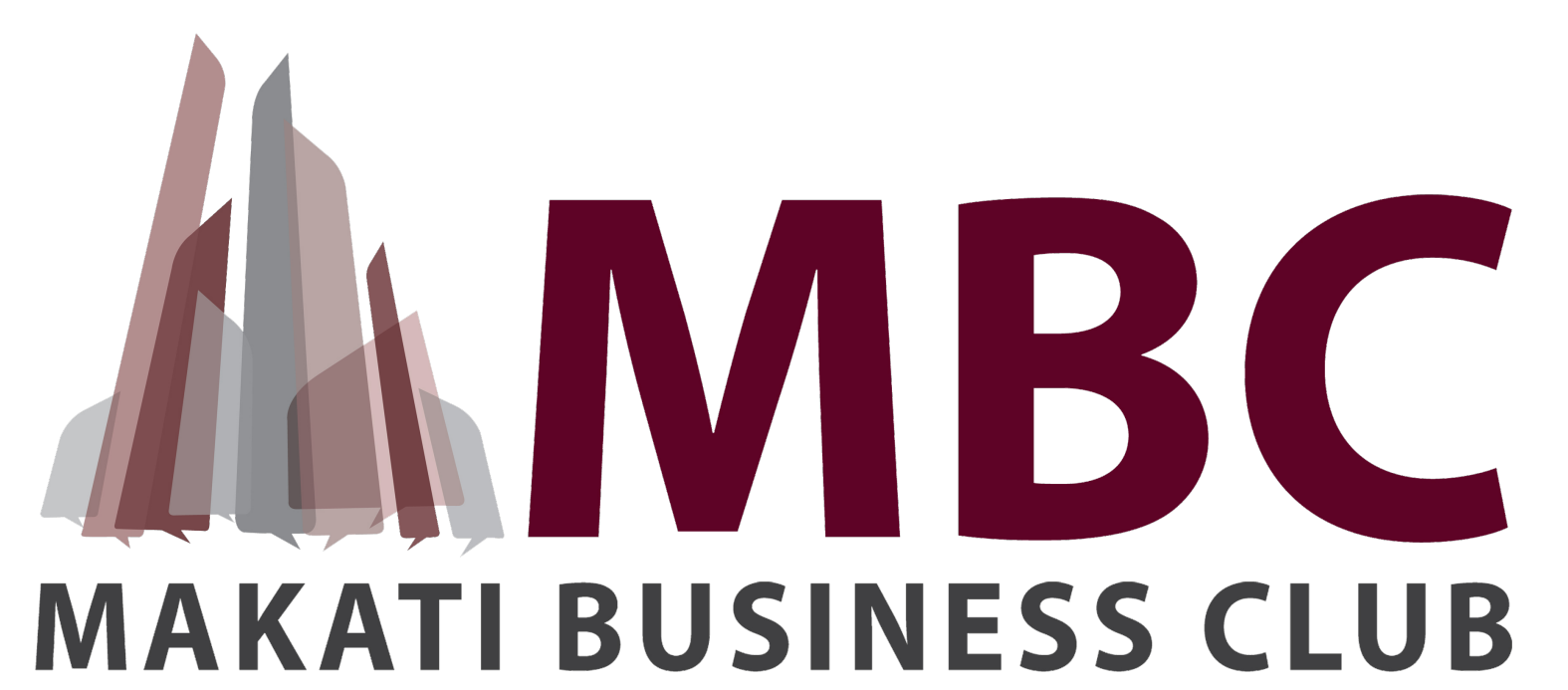The Future of Circular Economy in the Philippines
November 15, 2021 – Makati Business Club (MBC) organized a circular economy event in partnership with the Embassy of Netherlands in the Philippines and the Dutch Chamber of Commerce in the Philippines. The forum gave participating companies, civil society organizations, and government institutions the opportunity to share their plans and best practices for a circular economy. The event was also conceived as part of the commemoration of 70 years of diplomatic ties between the Philippines and the Netherlands.
Her Excellency Saskia de Lang, Ambassador of Netherlands to the Philippines, shared that in 2019, the Netherlands committed to the ambitious goal of becoming 100% circular by 2050. Since then, the Dutch embassy has focused on starting initiatives that promote cross-sectoral collaboration and knowledge sharing in the hopes of accelerating circularity.
Mr. Conrad Parizal of Pilipinas Shell presented on the company’s eco-brick project, a public-private partnership that involves the local government and community members in the waste collection and brick production. Shell recently launched their first mobility station made completely out of eco-bricks. The company was able to recycle 13,000 lubricant bottles in the process. Ms. Anna Gonzales of Ayala Land Inc. (ALI) discussed the circular initiatives and overall approach of the company in combating plastic waste. The company’s goal is to keep plastic away from landfills by upcycling the waste into construction materials for ALI projects. Just like Pilipinas Shell, Ayala Land partners with Green Antz Builders to create eco-bricks that are used in the construction of their estates and malls. Mr. Jelte Veenstra of the Van der Knaap Group presented on the company’s sustainable production of growing media and organic fertilizers from discarded coconut husks. He also revealed that the Van der Knaap Group will be opening its second largest Coco Coir factory in the Philippines in 2023.
Suzan van Kruchten of the Holland Circular Hotspot gave an overview of the current state of circularity in the Netherlands. Interventions in legislation, financing, and market incentives were put in place as means to achieving their goal of being 100% circular. Mr. Steven Paalman of the Ocean Cleanup explained the mission and initiatives of the non-profit organization. He shared about their intentions of mitigating the waste problem in the Philippines by using the company’s cleanup system in our rivers. Comm. Crispian Lao, founding President of the Philippine Alliance for Recycling and Materials Sustainability (PARMS), ended the program with a presentation on the national ambitions for a circular economy. He gave insights on PARMS’ latest initiative, “Zero Waste to Nature Ambisyon 2030”, a multi-sectoral pledge to ensure that plastic and other wastes do not end up in oceans and waterways.
